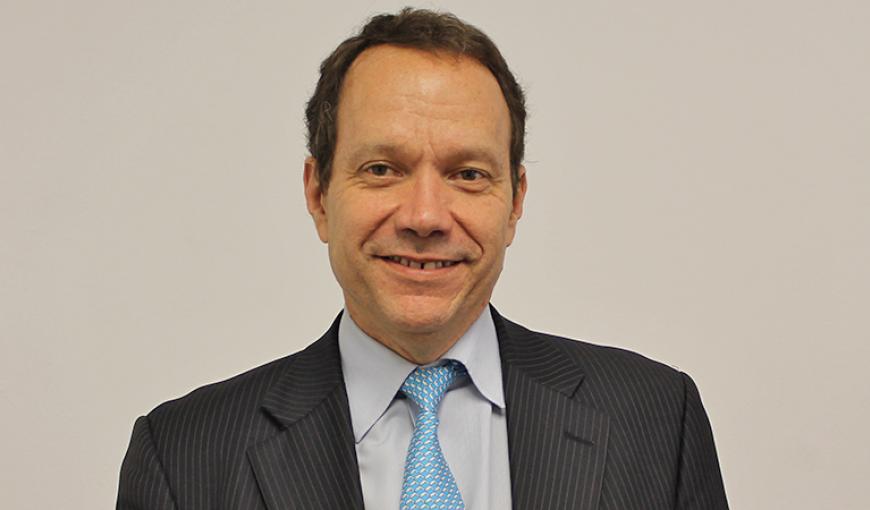New RedCLARA executive-director talks about partnerships with Brazil
“We can’t only talk about connectivity". This is the view of the new executive-director of Latin American Cooperation of Advanced Networks (CLARA), Luis Eliécer Cadenas, who highlights as the main challenges for RedCLARA providing the scientific community with open access to funds, contributing to academic networks so they can fulfil their mission, making the community that use its infrastructure grow, promoting and coordinating regional projects that use its services and associated networks, and incrementing the dialogue with research communities. All of this based on a cutting-edge, stable and reliable technological infrastructure.
The new executive-director of RedCLARA took over the leadership of the organization – which operated and link academic networks in Latin America - on June 30th, during the Tical 2017, and replaced Florencio Utreras, who held this position since CLARA foundation, in November 2004, until June 30th.
What are the cooperation possibilities with the RNP?
Brazil has a structured plan when it comes to science and technology, R&D, and especially in network development. The Latin American Cooperation of Advanced Networks needs to increment its role are [network] capacity articulator, and this topic is largely related to the development of alliances that can benefit Latin America. If we join our local expertise, we will achieve a better use of the investment. An important topic that I will propose the RNP so that we can work together is the Networks School, in order to take this experience to the entire region, and have other networks benefiting as well. We have to start offering better knowledge because, traditionally, we have been focusing a lot on connectivity. Developing knowledge in the research community to use computer tools is not something trivial to do.
Could you provide some examples?
A leading area such as astronomy that has been receiving a lot of investment in Chile. Nowadays, an astronomer is no longer a scientist that sits and looks at the sky through an optical telescope. He receives an absurd amount of data every day and needs to process it. So the scientist can’t be alone. He needs to have someone that knows how to do this processing. That’s an essential capacity building so that the investment we made regionally can truly be useful. Another potential existing space for cooperation in the market is the RNP working as broker to promote [cloud computing] infrastructure and services. We can join demands and, when necessary, acquire services or infrastructure from some providers, achieving a advantageous position. The support we could have with Brazil would be huge since it is the largest country in the region.
What are the regional integration perspective with the progress of the project Bella?
Project Bella (Building Europe Link to Latin America) is probably the most important one we are carrying out today because of the impact that fibre and resources availability will provide the region, and because of the change it brings to the cost structure, since it will allow a scale economy and academic networks to be more sustainable. We can’t only talk about connectivity. It is also important to have a balance, and understand that Bella is a critical project for our success as a region, but there is still a lot to be done. We are already progressing with bidding processes in procuring what we call land stretches, in Bella-T. We expect most of it to be hired and implemented until early-2019, and the process corresponding to the submarine cable connection move forward since it is another important component to increase capacity.
